Description
The Environmental Impact of Different Exterior Claddings
Introduction to Exterior Cladding Materials
Exterior cladding is a crucial component in building construction, serving as a protective layer for the structure while also enhancing its aesthetic appeal. The choice of cladding material can significantly influence the environmental footprint of a building. This article delves into the environmental impact of various exterior cladding materials, aiming to highlight those that are more sustainable and the reasons behind their eco-friendliness.
Sustainability and Its Importance in Exterior Cladding
In today’s world, where sustainability is a key concern, the selection of exterior cladding materials plays a pivotal role in reducing the overall environmental impact of buildings. Sustainable materials not only minimize the use of natural resources but also contribute to energy efficiency, thereby reducing the carbon footprint. This section explores how different materials stack up against each other in terms of sustainability.
Comparative Analysis of Eco-Friendly Options
Bamboo: Bamboo is one of the most sustainable options available due to its rapid growth rate and ability to regenerate without replanting. It requires less water and fewer pesticides compared to traditional wood species. Studies have shown that bamboo can reduce CO2 emissions by up to 35% compared to traditional wood cladding (Source).
Recycled Metal: Recycled metal cladding, such as aluminum or steel, is another excellent choice. These materials can be endlessly recycled without loss of quality, reducing the need for raw material extraction. Additionally, the production process of recycled metal uses significantly less energy than producing new metal from scratch, making it a greener option (Source).
Cork: Cork is a highly renewable resource harvested from the bark of cork oak trees without harming the tree. It provides excellent thermal insulation properties, which can help reduce heating and cooling costs. Moreover, cork has a low embodied energy, meaning it requires less energy to produce compared to many other materials (Source).
Less Sustainable Choices
While some materials stand out for their eco-friendly attributes, others may fall short. For instance, PVC (Polyvinyl Chloride) cladding, although cost-effective and durable, poses significant environmental risks due to its non-biodegradable nature and the release of harmful chemicals during production and disposal (Source).
Conclusion: Choosing Wisely
When selecting exterior cladding materials, it is essential to consider not just the immediate benefits but also the long-term environmental impacts. By opting for sustainable choices like bamboo, recycled metal, and cork, we can significantly reduce our ecological footprint while still achieving beautiful and functional exteriors. As architects and builders increasingly prioritize sustainability, the demand for these eco-friendly materials is likely to grow, driving innovation and further improvements in green building practices.
Reference Literature
Sustainability Assessment of Bamboo-Based Building Materials
Metal Recycling: A Comprehensive Guide
Cork and the Environment: An Overview
PVC Plastic: Harmful Chemicals and Environmental Health Risks
Baoding Plastroy WPC Products
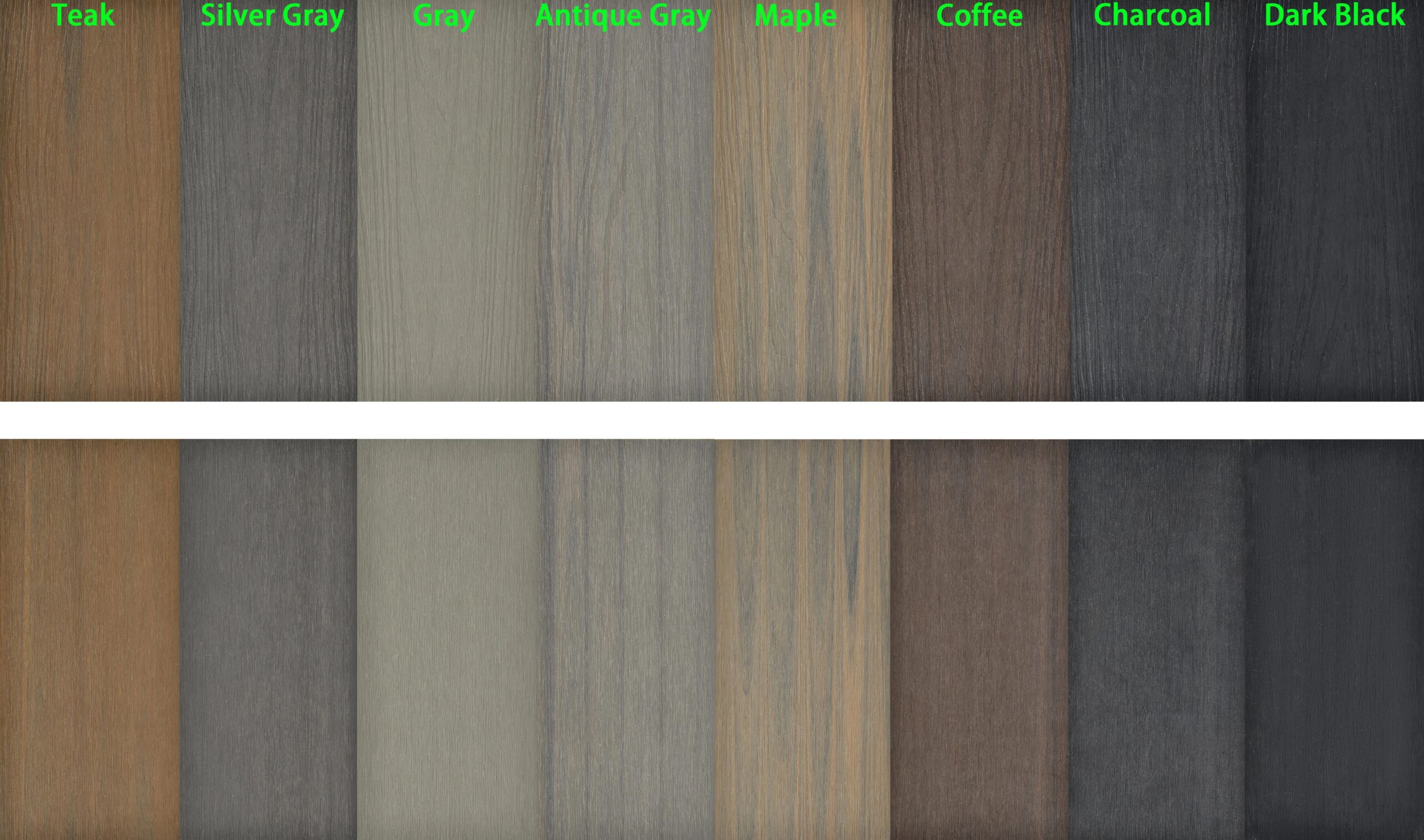
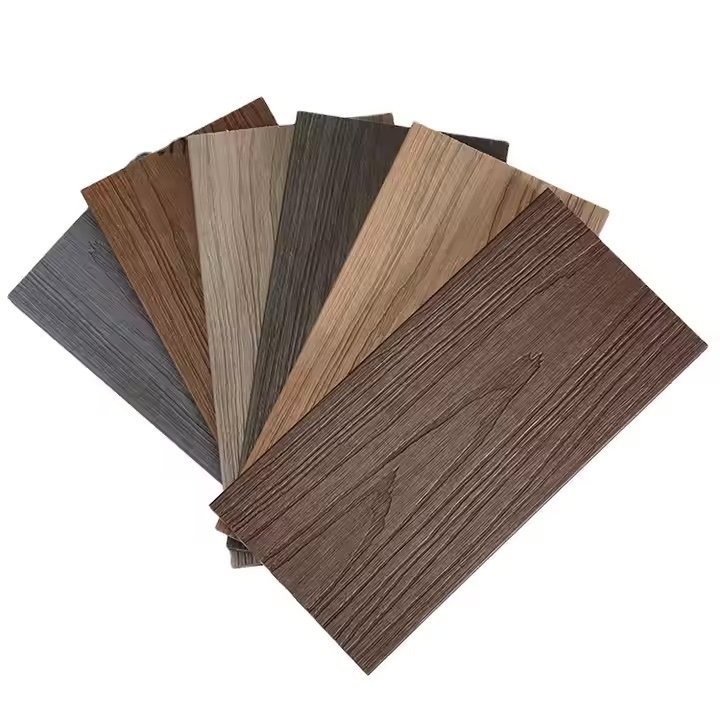
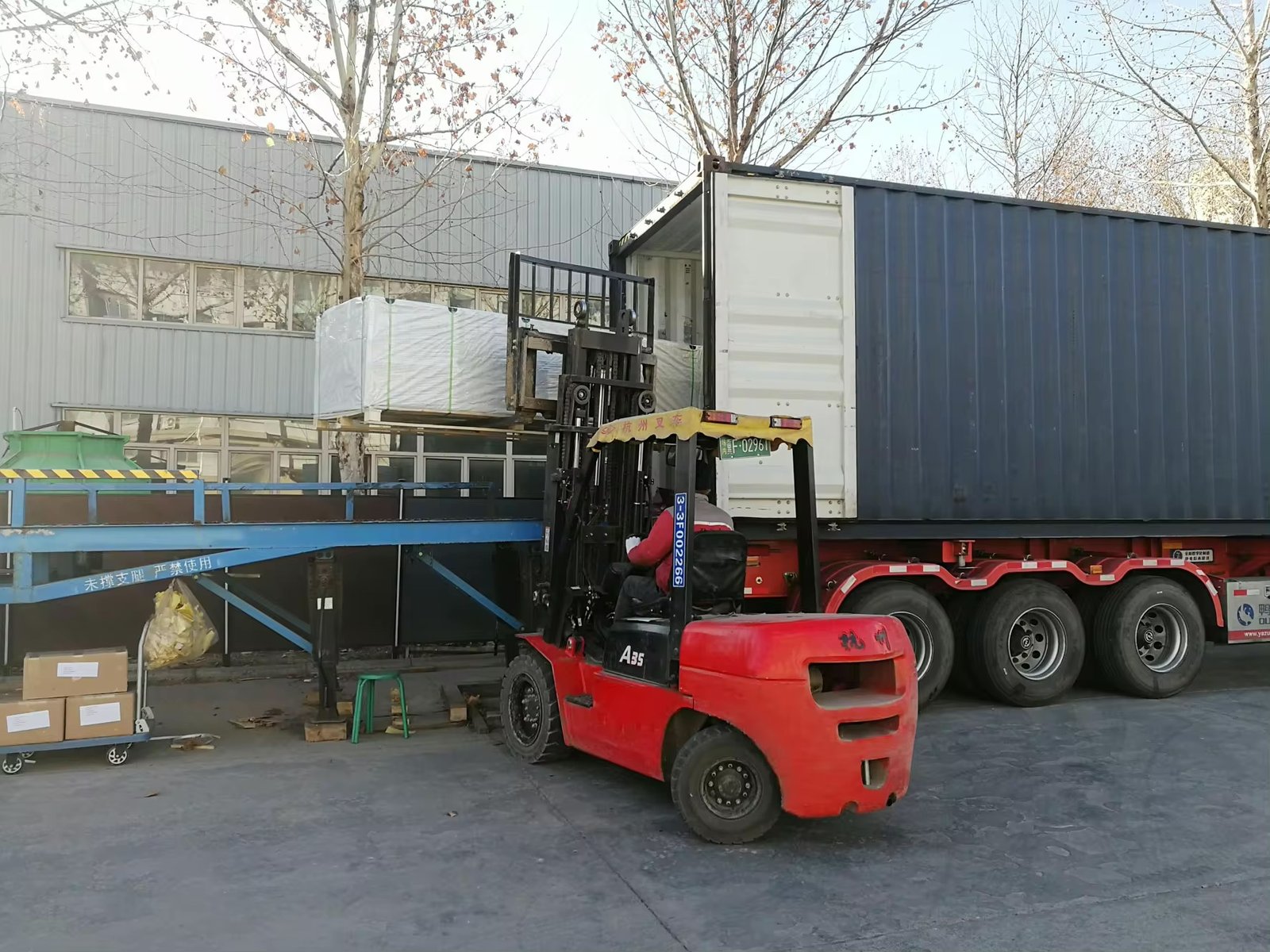
Why Choose Plastory?
Baoding Plastory New Materials Co., Ltd. is a manufacturer of decorative materials with over 9 years of experience and 56 separate production lines.
Currently, our annual production exceeds 30,000 tons, with products exported to more than 50 countries worldwide.
Plastory is the drafting unit of the WPC National Standards and has obtained certifications such as REACH, ASTM, CE, and FSC. Plastory is dedicated to maintaining consistent quality, focusing on details, and prioritizing customer satisfaction.
Our factory is located in Baoding, Hebei Province, China, with a prime location and convenient transportation access. Baoding is approximately a 1.5-hour drive from Beijing Capital International Airport and just 2 hours away from Tianjin Port, making it easy for global clients to visit and facilitating efficient shipping of goods. Our facility spans a large area, equipped with advanced production equipment and modern testing facilities to ensure that every batch of products meets the highest quality standards.
We warmly welcome clients from around the world to visit our factory, where you can see our production processes firsthand and experience our product quality. Please feel free to reach out to us—we are committed to providing you with the best products and services.
Kindly get in touch with us to request a product catalogue.

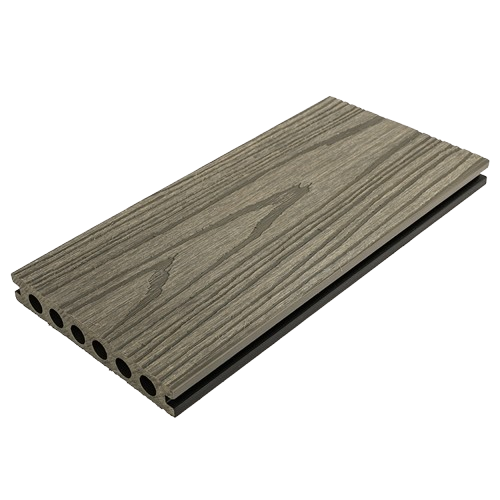
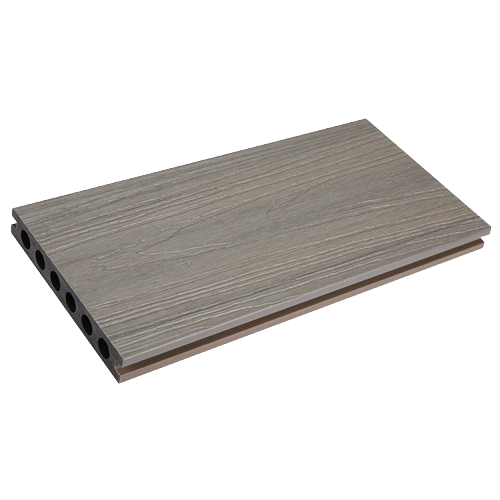
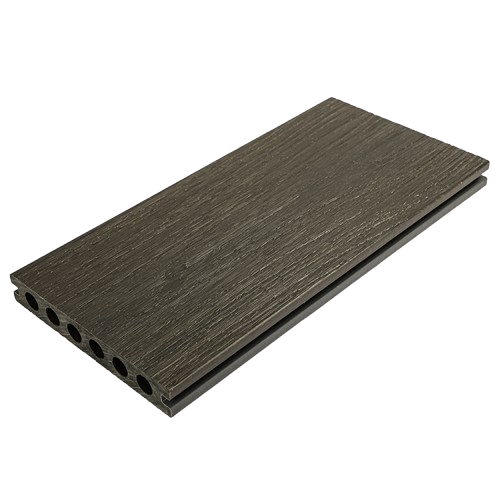
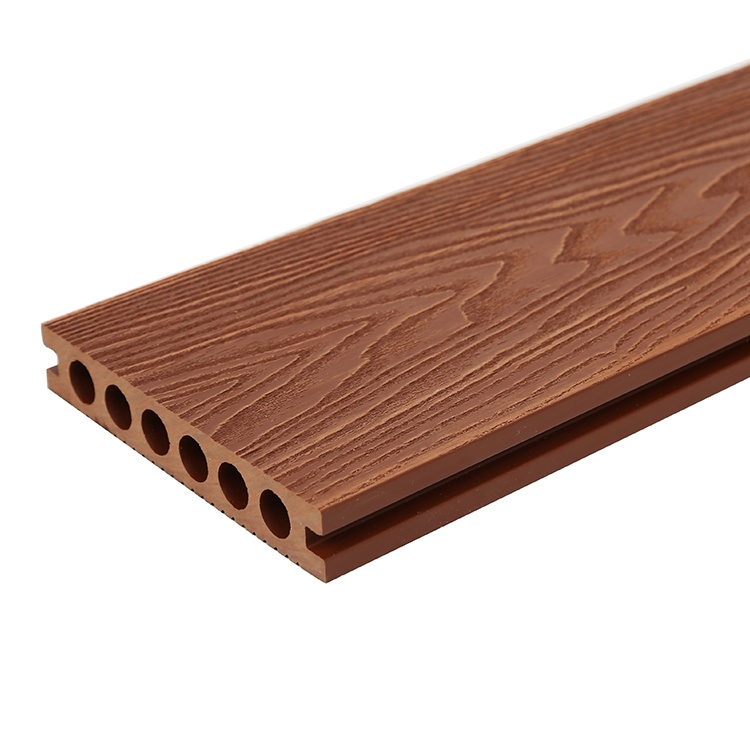
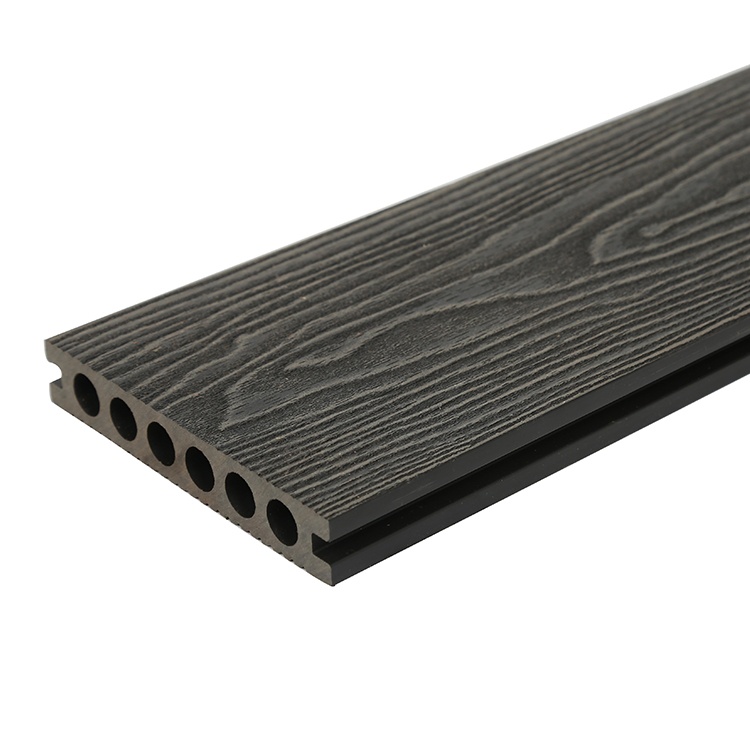
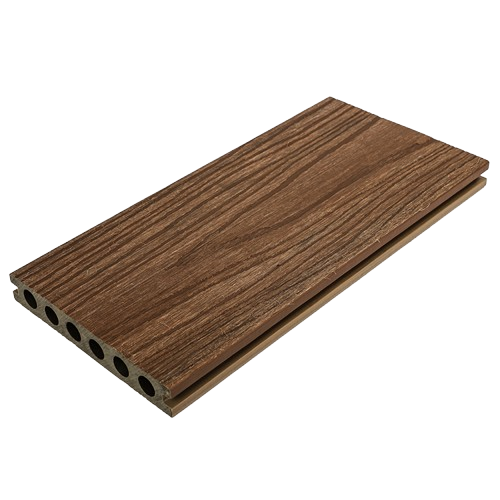
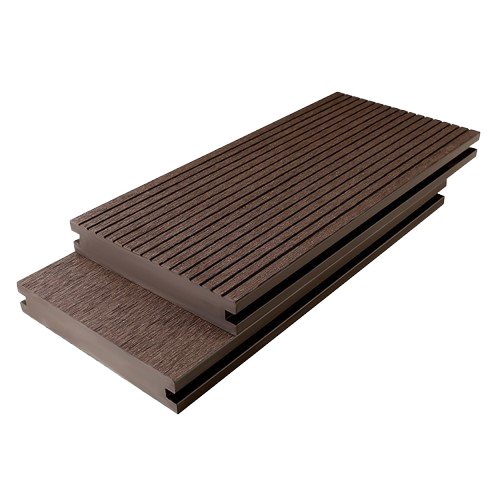
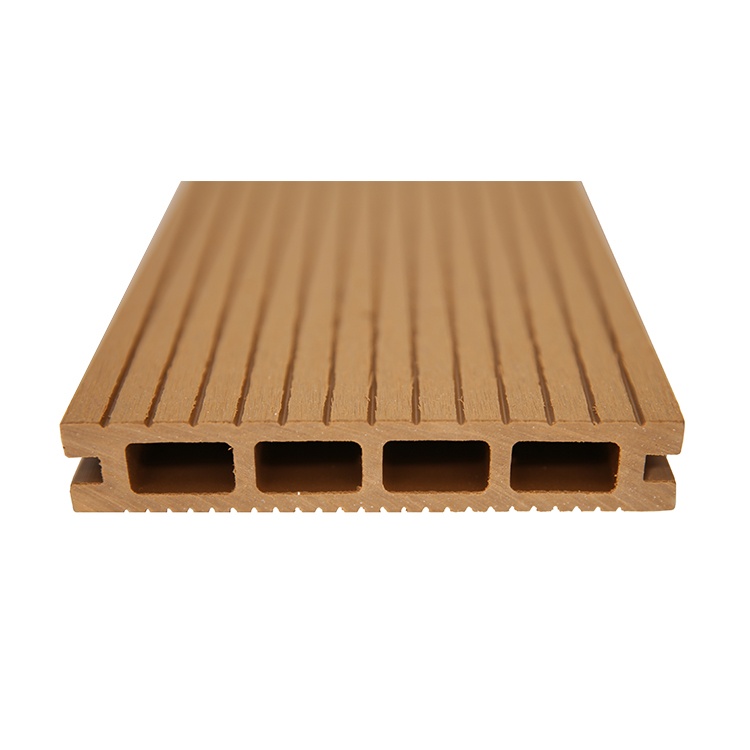
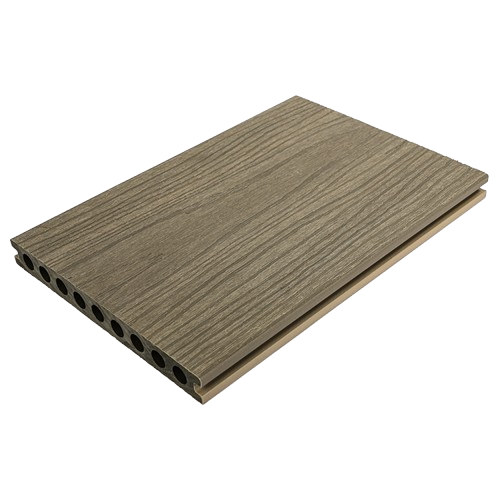
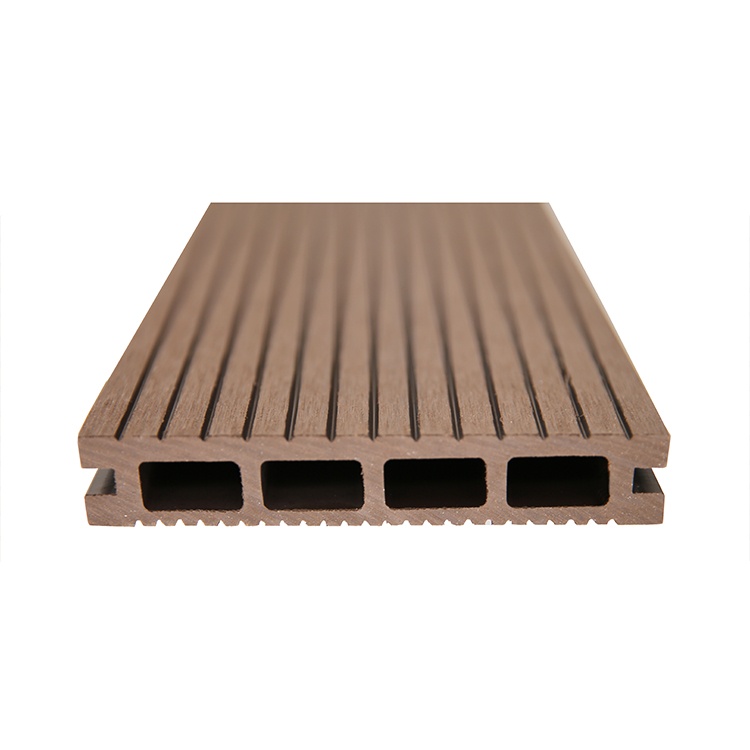
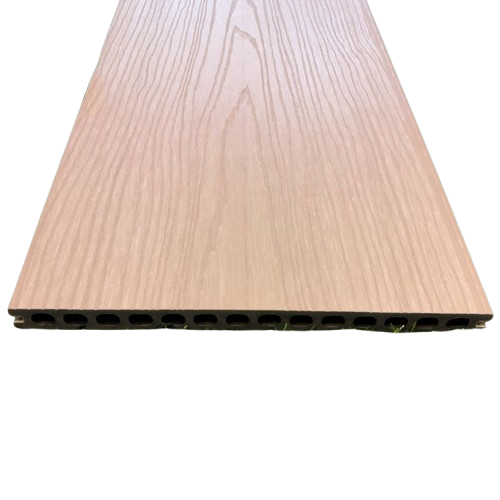
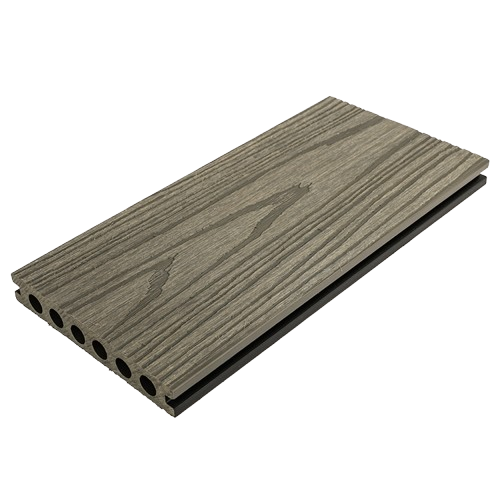
Reviews
There are no reviews yet.